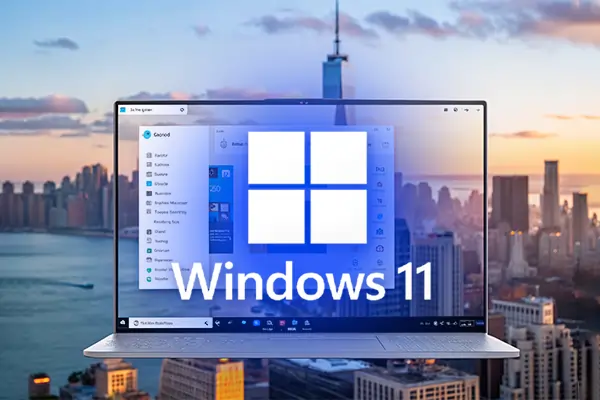Windows 11 has surpassed Windows 10 in global market share, driven by Microsoft’s upgrade push before October 2025.
Windows 11 has finally surpassed Windows 10 as the world's most popular desktop operating system, according to new data from stat counter. Since July 2025, Windows 11 dominates 52% of the global market share for Windows, with Windows 10 falling to 44.6%. This represents a dramatic change from December 2024, when Windows 10 still held 62% of the market, with Windows 11 at a mere 35%.
This surge in Windows 11 adoption appears to be a direct consequence of Microsoft's declaration that it will no longer be providing support for Windows 10 after October 14, 2025. The firm has been encouraging users to the new version with full-screen prompts, requesting the upgrade of hardware for incompatible devices. This aligns with Microsoft's bigger picture vision of bringing its user base up to date and making them secure and running for the long haul with Windows 11.
Nevertheless, Windows 11's ascendancy wasn't so swift. The operating system was initially delayed by its strict hardware demands, which include the required TPM 2.0 security chips, disqualifying millions of Windows 10 machines for the free update. Consequently, most users were forced to buy new hardware or stick to Windows 10. This adoption rate lag was far different from Windows 10's quick momentum, which hit 400 million units in a single year, as opposed to Windows 11's two years to hit the same milestone.
To help users remaining on Windows 10, Microsoft just introduced a free one-year extension of security updates for those who sync their files with OneDrive or turn on Windows Backup. Elsewhere, users can shell out for added support. Far from being controversy-free, however, the switch to Windows 11 hasn't been without its disputes. The operating system's forced Microsoft account and strict hardware specifications have been criticized, especially from users who enjoyed the comfort of Windows 10. In any case, the shift is a significant victory for Microsoft's push to spearhead the future of computing.
.webp)










.webp)































.webp)
